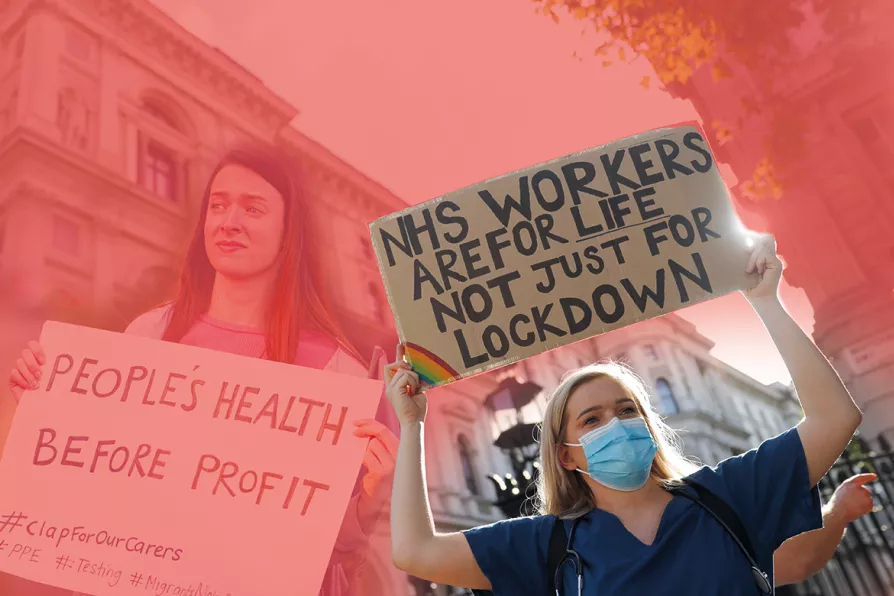The Carpathia isn’t coming to rescue this government still swimming in the mire, writes LINDA PENTZ GUNTER
How the private sector short-pays health staff
Using a system that makes accessing payslips tricky and raising pay queries trickier still, outsourcing giants have deliberately hardwired underpaying workers into their practice, writes HELEN O’CONNOR


WAGE loss and the insecurity and financial hardship that follows is now commonplace for outsourced workers throughout the NHS.
The rise of privatisation means that hospital workers like domestics, hostesses and porters can no longer rely on getting paid in full for all hours worked.
This affects the ability of these workers and their children to live healthy and dignified lives.
Similar stories














